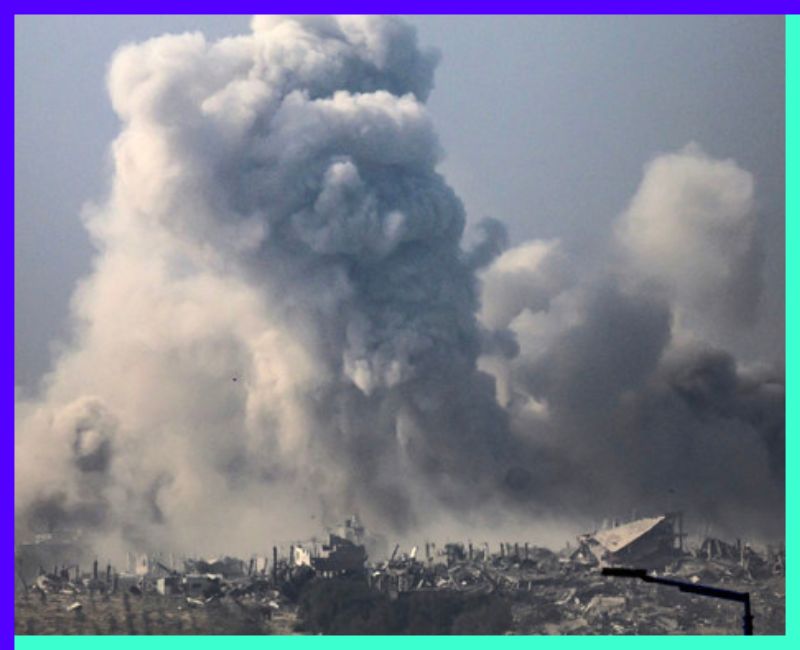The UN Security Council witnessed a significant event as Russia and China vetoed a US resolution urging an immediate ceasefire in the Israel-Gaza conflict. This move underscores Washington’s growing dissatisfaction with Israeli Prime Minister Benjamin Netanyahu’s approach to the conflict.
The Veto and Diplomatic Implications
The veto by Russia and China highlights the diplomatic isolation of the US within the UN, amidst its efforts to garner support for Ukraine against Russian aggression. Algeria’s alignment with Russia and China further complicates the situation.
Russian Ambassador Vassily Nebenzia criticized the US resolution as “hypocritical,” asserting that it served Washington’s destructive policy in the Middle East. The resolution also cautioned against Israeli plans for an offensive in Rafah, a southern Gazan city serving as a refuge for displaced Palestinians.
US Position and International Response
US Secretary of State Antony Blinken, during his visit to Israel, emphasized the urgent need for a ceasefire and warned against a major ground operation in Rafah. Washington’s previous vetoes of UN ceasefire resolutions are noted, reflecting a nuanced diplomatic history.
Israel’s offensive response to Hamas’s attack has resulted in a significant humanitarian toll, with the UN warning of an imminent famine in Gaza. The mounting civilian casualties and displacement have drawn international concern and condemnation.
Growing International Pressure
Despite Israeli intentions to launch an assault on Rafah, international pressure mounts against such action. The EU’s unified condemnation of Israel’s conduct and its call for an immediate humanitarian pause and ceasefire reflect a concerted diplomatic effort.
Belgian Prime Minister Alexander De Croo’s assertion of the EU’s “extremely clear” position signals a unified stance against Israel’s actions. The EU’s emphasis on the imminent risk of famine underscores the gravity of the situation.
Future Diplomatic Efforts
Senior officials from Israel, the US, Egypt, and Qatar are slated to convene in Qatar for further discussions aimed at brokering a ceasefire and securing the release of hostages.
The veto of the US resolution by Russia and China underscores the complex geopolitical dynamics at play in the Israel-Gaza conflict. As international pressure mounts and diplomatic efforts intensify, the quest for a sustainable ceasefire and humanitarian relief remains paramount.






